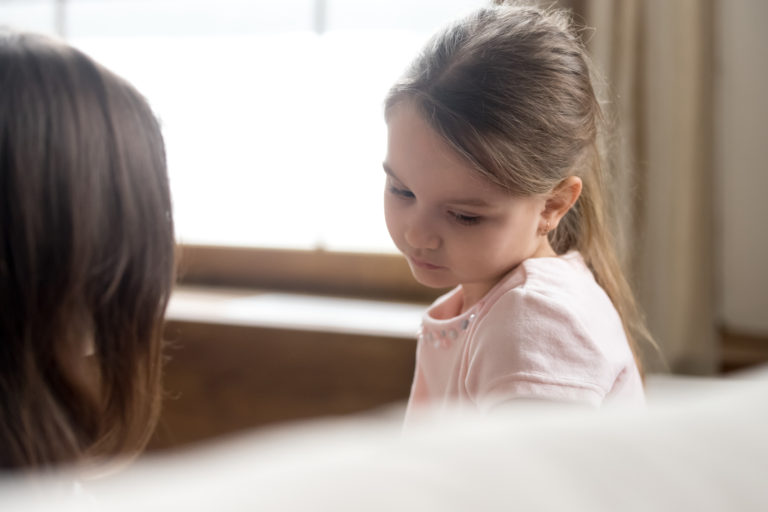
CBT is a form of cognitive behavioral therapy that addresses the specific emotional and mental health needs of children, adolescents, adult survivors, and families who are struggling to overcome the destructive effects of early trauma. Because the client is usually a child, CBT often brings non-offending parents or other caregivers into treatment and incorporates principles of family therapy.
When It’s Used
Anyone who struggles with mental illness, managing stress, developing coping mechanisms, copping with grief or loss, overcome childhood trauma/traumatic life events, can greatly benefit from CBT. If a child or adolescent also exhibits serious behavioral, substance-abuse, or suicidal-ideation problems, other forms of treatment, such as dialectical behavior therapy, may be more appropriate as an initial intervention and can be followed up with a trauma-sensitive approach.
What to Expect
CBT is a short-term intervention that generally lasts anywhere from eight to 25 sessions and can take place in an outpatient mental health clinic, group home, community center, hospital, school, or in-home setting. Cognitive behavioral techniques are used to help modify distorted or unhelpful thinking and negative reactions and behaviors. At the same time, a family therapy approach looks at interactions among family members and other family dynamics that are contributing to the problem and aims to teach new parenting, stress-management, and communication skills.
How It Works
CBT gets its roots from the theory of “behaviorism,” which assumes that human behavior is learned and can be restructured or unlearned. This structured form of psychotherapy equips the client with the necessary tools and guidance to identify recurring behavioral patterns, determining their positive and negative impacts on the ability to function, and developing methods to reframing these patterns.
One unique focus area of CBT is “trauma resolution.” Early trauma can lead to guilt, anger, feelings of powerlessness, self-abuse, acting out behavior, and mental health issues, such as depression and anxiety. Post-traumatic stress disorder, which affects children and adults, can manifest in a number of ways, such as bothersome recurring thoughts about the traumatic experience, emotional numbness, sleep issues, concentration
What to Look for in a Trauma-Focused Cognitive Behavioral Therapist
Look for a licensed mental health professional with specialized training and experience in cognitive behavioral therapy and family therapy as well as further training and supervised experience in trauma-focused therapy. In addition to these credentials, it is important to find a therapist with whom you and your child feel comfortable working.
Source: https://www.psychologytoday.com/us/therapy-types/trauma-focused-cognitive-behavior-therapy
